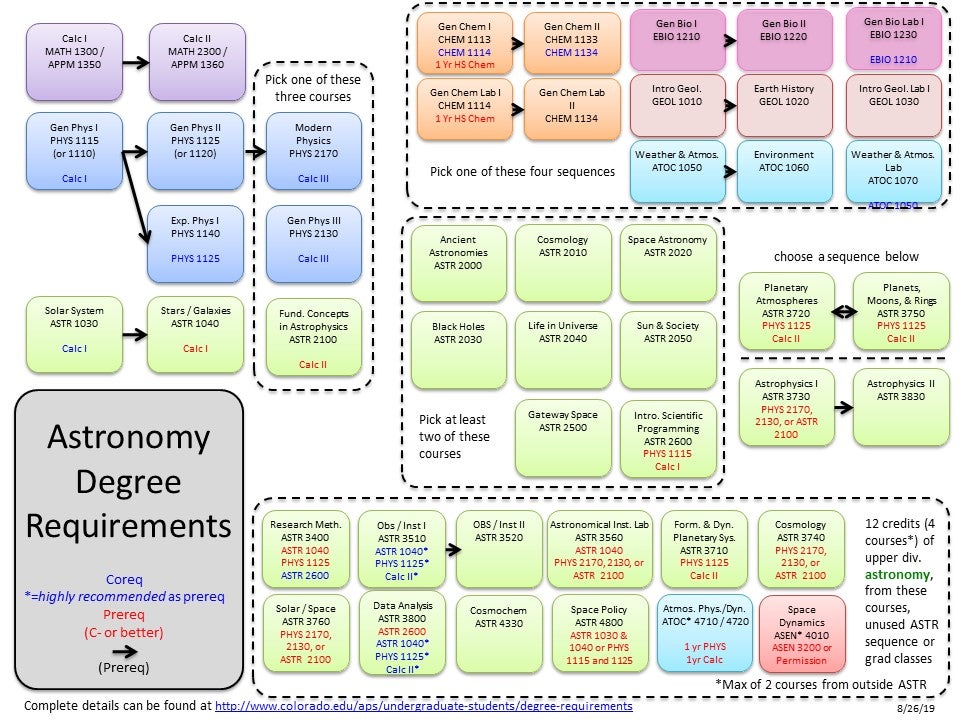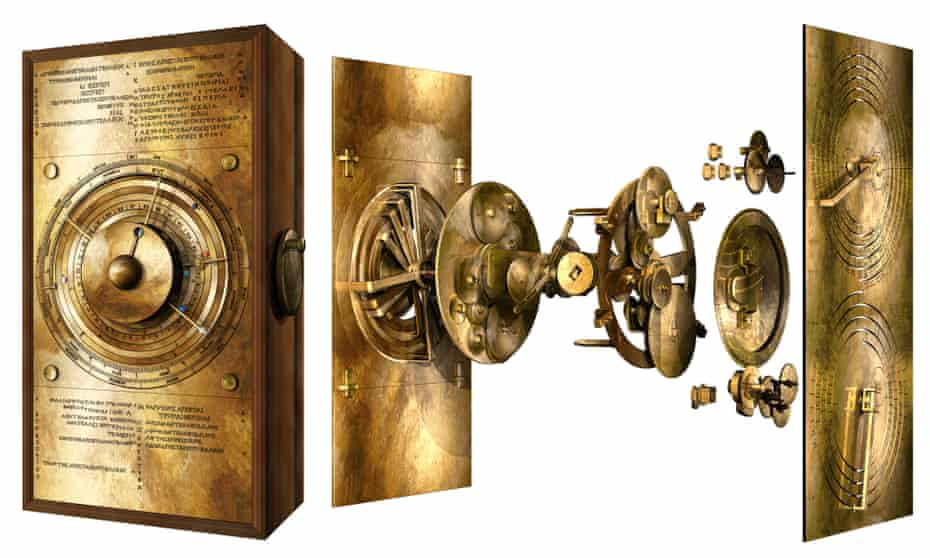Since the universe is so vast and complex, there are many different fields and sub-fields you can specialize in. These are the main 4 branches of Astronomy:

Kimavi. 2022. Astronomy Branches. https://kimavi.com/T2/Astronomy/branches00of00astronomy_1image001.png. Accessed 2022
If you want to take astronomy as a career, you have a long way ahead of you!
A doctoral degree is required for astronomers to specialize in their profession.
You will also need a bachelor's degree in physics, astrophysics, or astronomy.
Courses in physics, algebra, calculus, astronomy, and statistics are often required of an astronomer.
After you get a bachelor's degree, you should pursue a master's degrees on either
physics, astrophysics, or astronomy, which typically takes two years to complete and may include coursework as well as thesis writing.
Theoretical courses like astrophysics, cosmology, and hydrodynamics, as well as observational techniques and data-analysis methodologies, may be included in master's degree coursework.
Finally, applicants who receive a Ph.D. specialize in a specific field of astronomy, such as solar or galactic astronomy.
After getting a master's degree, a Ph.D. degree usually takes three years to complete, and it usually entails conducting extensive study under the supervision of a professional in the subject,
culminating in a published dissertation project.

Colorado. 2022. Astronomy Flowchart. https://www.colorado.edu/aps/sites/default/files/block/astronomy_flowchart_0.jpg. Accessed 2022
Astronomers require a variety of talents in addition to extensive knowledge in disciplines such as mathematics and physics to efficiently carry out their job. These include:
Gstatic. 2022. https://encrypted-tbn0.gstatic.com/images?q=tbn:ANd9GcTx-8dGgTaeV8lBn-d6g4Nl2NtMF3Ed0D-XQaGwadi8g7dzwu-PvU_VsS8uGvIKlgkFLrI&usqp=CAU. Accessed 2022
Astronomers frequently work with other professionals in their study since astronomy is such an inventive and complicated science.
An astronomer's everyday tasks also include collaborating with experts in other domains, such as engineers and technicians.
Astronomers must be skilled communicators and work effectively in groups.
An astronomer has various work environments. It is commonly just an office, but sometimes, it can be in an observatory or laboratory.

Eschoolnews. 2018. https://www.eschoolnews.com/files/2018/06/creativity.jpg. Accessed 2022
Astronomy study necessitates problem-solving and creative thinking. Astronomers must think imaginatively and occasionally make daring conjectures since their profession encompasses numerous unsolved riddles and unknown area.

i.guim.co.uk. 1888. https://i.guim.co.uk/img/media/8a2402853b9538f0a8c9792ce6dbccf672c04ef5/16_0_1888_1133/master/1888.jpg?width=465&quality=45&auto=format&fit=max&dpr=2&s=6b4ede774a2b31ff0c242c34b4a92926. Accessed 2022
Astronomers' job is closely related to computers and technology. These experts deal with complicated software applications and frequently create sophisticated systems. They must have a thorough understanding of computer systems and programming languages. Some astronomers create their own instruments, which involves a high level of electronics and mechanical understanding.
For more information about the education of astronomers, click here, here, here, or here!